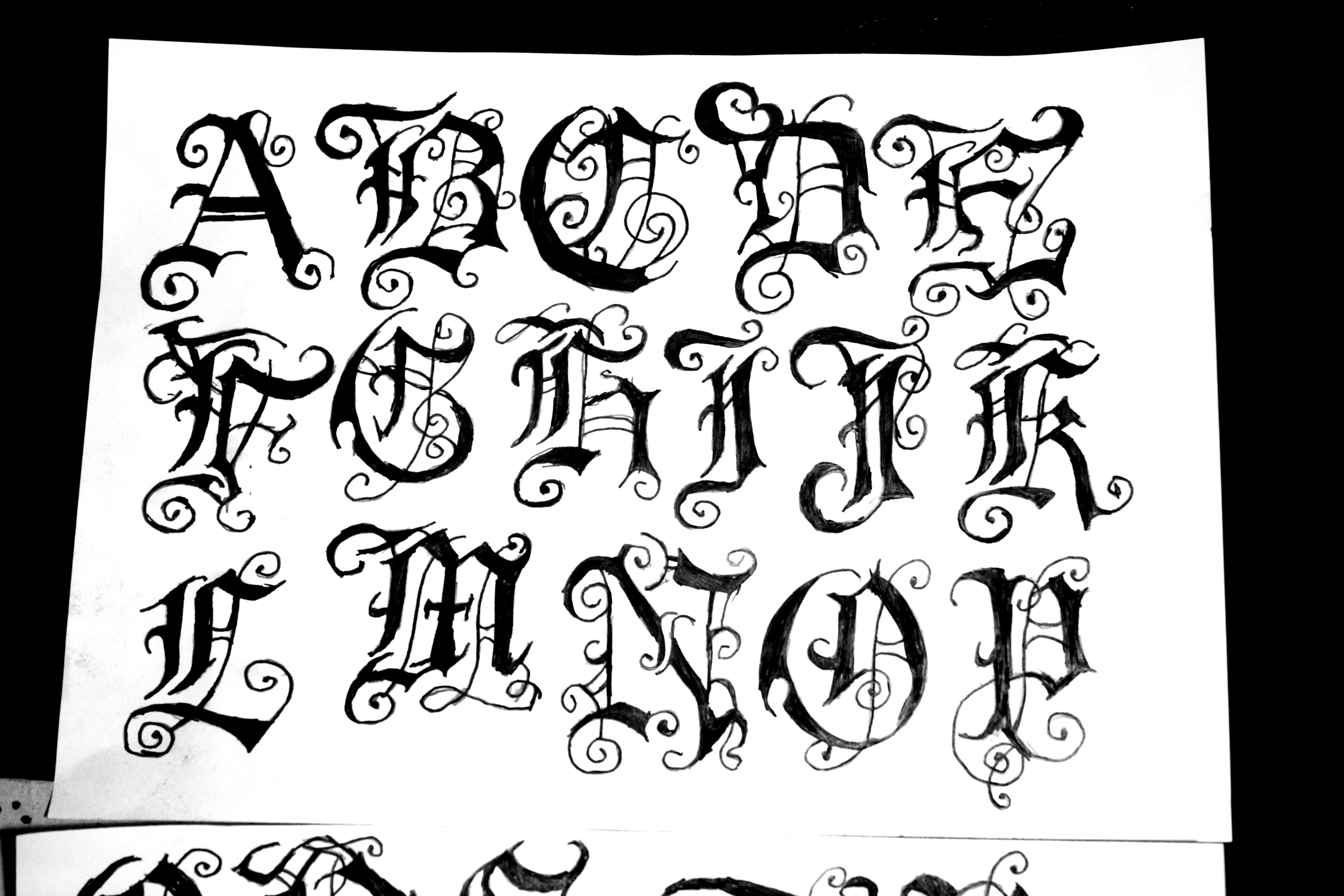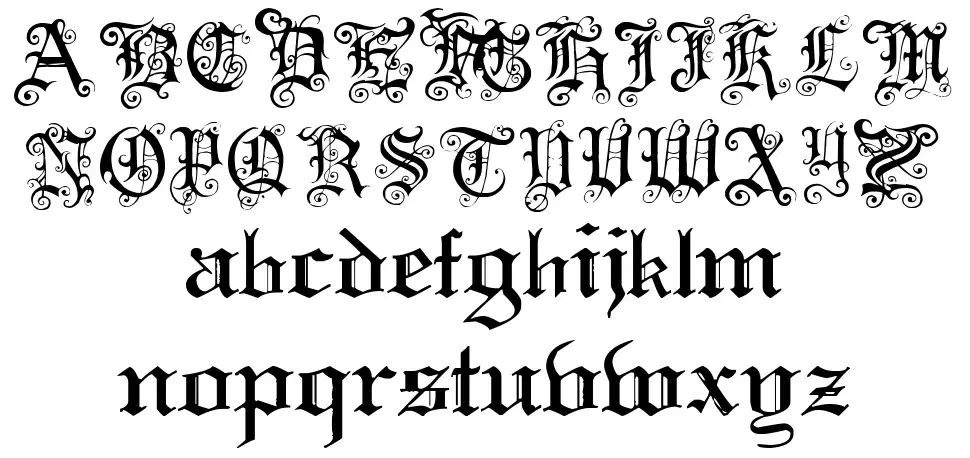

In one sense it must be admitted that we can never prove the existence of things other than ourselves and our experiences. We must therefore, if possible, find, in our own purely private experiences, characteristics which show, or tend to show, that there are in the world things other than ourselves and our private experiences. Thus, when we are trying to show that there must be objects independent of our own sense-data, we cannot appeal to the testimony of other people, since this testimony itself consists of sense-data, and does not reveal other people's experiences unless our own sense-data are signs of things existing independently of us. Other people are represented to me by certain sense-data, such as the sight of them or the sound of their voices, and if I had no reason to believe that there were physical objects independent of my sense-data, I should have no reason to believe that other people exist except as part of my dream. Now in so far as the above considerations depend upon supposing that there are other people besides ourselves, they beg the very question at issue. Thus it is the fact that different people have similar sense-data, and that one person in a given place at different times has similar sense-data, which makes us suppose that over and above the sense-data there is a permanent public object which underlies or causes the sense-data of various people at various times. I bought my table from the former occupant of my room I could not buy his sense-data, which died when he went away, but I could and did buy the confident expectation of more or less similar sense-data.

What reason, then, have we for believing that there are such public neutral objects? The first answer that naturally occurs to one is that, although different people may see the table slightly differently, still they all see more or less similar things when they look at the table, and the variations in what they see follow the laws of perspective and reflection of light, so that it is easy to arrive at a permanent object underlying all the different people's sense-data.

Thus, if there are to be public neutral objects, which can be in some sense known to many different people, there must be something over and above the private and particular sense-data which appear to various people.

But the sense-data are private to each separate person what is immediately present to the sight of one is not immediately present to the sight of another: they all see things from slightly different points of view, and therefore see them slightly differently. When ten people are sitting round a dinner-table, it seems preposterous to maintain that they are not seeing the same tablecloth, the same knives and forks and spoons and glasses. One great reason why it is felt that we must secure a physical object in addition to the sense-data, is that we want the same object for different people. In this chapter we have to see why this is the case. This is an uncomfortable possibility but although it cannot be strictly proved to be false, there is not the slightest reason to suppose that it is true. Thus if we cannot be sure of the independent existence of objects, we shall be left alone in a desert-it may be that the whole outer world is nothing but a dream, and that we alone exist. For if we cannot be sure of the independent existence of objects, we cannot be sure of the independent existence of other people's bodies, and therefore still less of other people's minds, since we have no grounds for believing in their minds except such as are derived from observing their bodies. Is there a table which has a certain intrinsic nature, and continues to exist when I am not looking, or is the table merely a product of my imagination, a dream-table in a very prolonged dream? This question is of the greatest importance. In this chapter we have to ask ourselves whether, in any sense at all, there is such a thing as matter.


 0 kommentar(er)
0 kommentar(er)
